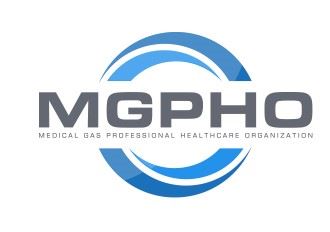Most interesting discussion! Reminiscent of the arguments back in the day around what compressors should be permitted for medical air!
Al is right - oil free means "no oil in the product air", but not "no oil in the compressor". So, in code terms (2021 99)
5.1.3.6.4 (A) (1) compressors: Oil less (sealed bearings) {scroll, oil less reciprocating};
5.1.3.6.4 (A) (2) compressors: Oil free reciprocating (oil in gearend but not in airend) {T-30 ish, but the T-30 itself doesn't cut it}
5.1.3.6.4 (A) (3) compressors: screw/tooth compressors (oil in gearend but not in airend) {Z compressors, oil free screws}
5.1.3.6.4 (B) compressors: liquid ring.
To me, the dental rule as written would appear to allow any of the first three.
I disagree slightly on the cleanliness requirement - I think dental air may be slightly more critical because as I understand it a tiny amount of oil will interfere with the bonding process, so oil free air means a very great deal to the dentist from a practical viewpoint. Maybe Dan Shoemaker can weigh in?

